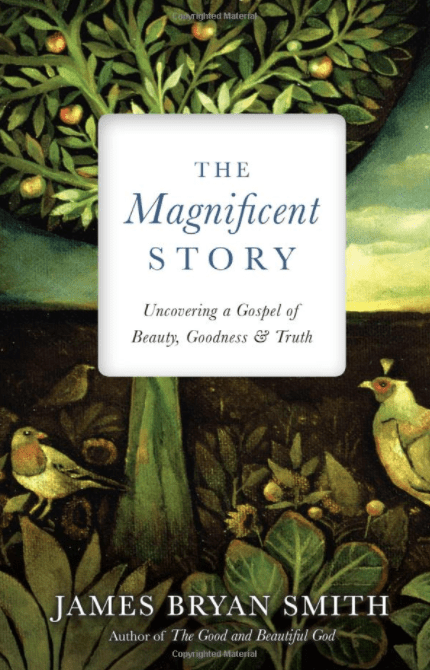 The only reason to read her book is if you have time — or if you need to have time — or if you want to have time. Perhaps you don’t have time, and perhaps this is reminder that you do need to take time, time to ponder and pray and contemplate. This is why Tracy Balzer has written this useful, gentle, steadily climbing and probing book called Permission to Ponder: Contemplative Wisdom for the Spiritually Distracted.
The only reason to read her book is if you have time — or if you need to have time — or if you want to have time. Perhaps you don’t have time, and perhaps this is reminder that you do need to take time, time to ponder and pray and contemplate. This is why Tracy Balzer has written this useful, gentle, steadily climbing and probing book called Permission to Ponder: Contemplative Wisdom for the Spiritually Distracted.
Do you need to give yourself permission to ponder? Tracy admits she is easily distracted and needs to regroup to give herself permission to ponder.
This book is a way to give yourself permission to ponder — four separate journeys into dimensions of spiritual practice, from reading to contemplating, all in short chapters. Take them slowly. No need to hurry. Blessings await the ponderers.
Not surprisingly Tracy begins with Psalm 1 and the need to be planted tree and to do so by meditating on the law (torah) day and night. Now here’s the creative element of this book: she looks at lectio, meditatio, oratio, and contemplatio — and she does it through “four” Marys in the New Testament. (Except there are three and she looks at one of them twice. Fair enough, four Marys.)
Prior to meditation is reading of Scripture so that meditation will be guided by the Word. There are many critics today of what is often called “lectio divina” but I maintain — and always have — that lectio is one of the ways seen in the Book of Psalms, and it has been part of the church from the beginning, and it has been part of the Protestant tradition as well. (Yes, many Protestants wouldn’t have been caught dead using Latin terms used by Catholics, but the same practice has been part of the church all along.) Thus:
Read the passage (lectio)
Meditate on the passage (meditatio)
Pray in response to the passage (oratio)
Contemplate the love of God revealed through the passage (contemplatio)
A basic course in lectio divina. Listen to God and then let God work to lead you to God. Lectio divina can help those who suffer from distractions. Scripture, however, is not just about mastering the Bible — Scripture intends to become our master. If you read what follows, in the spirit of lectio, it will take much time… so ponder this slowly and you will catch the spirit of Tracy’s book. You have her permission to ponder.
The First Mary (of Bethany): lectio. Luke 10:38-42. Mary’s listening posture. Martha was a fretter (like Tracy).
The Second Mary (THE Mary): meditatio. Luke 2:16-20. Like a butterscotch hard candy… no chewing. Take it slow and you will enjoy it. Silence is golden for the meditatio phase. Journaling. Reading with others.
The Third Mary (of Bethany): oratio (pray). John 12:1-8. Here the Spirit instructs us through a word or line and tells us where we need to respond. Prompting reverence.
The Fourth Mary (Magdalene): contemplatio. John 20:11-18. Pain and darkness and sadness. The Voice of her Lord. She had a deep and experiential knowledge of the love of God. Mary will take you to God.
Contemplation of God in Christ through Scripture (lectio divina): informs action, brings wholeness to a world that is dis-integrating, and turns us into love.










